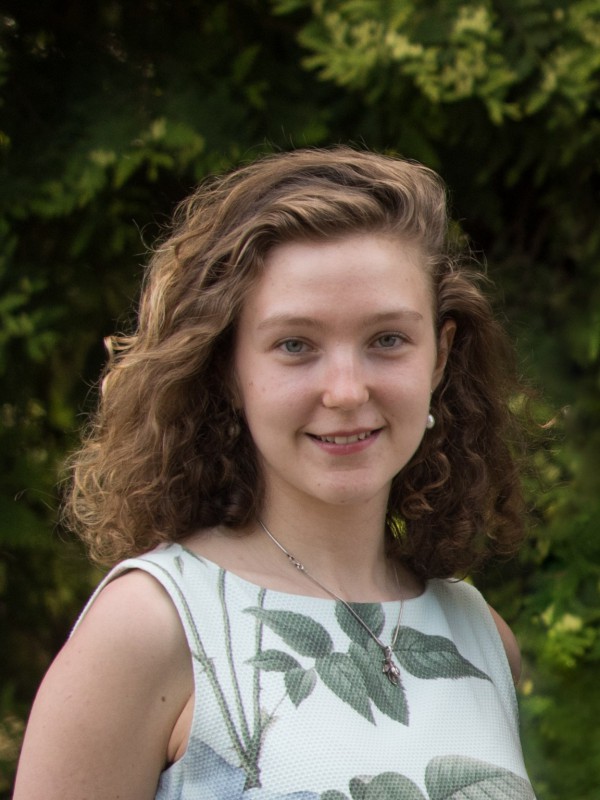Nataliya Lopanitsyna
Interview by Carey Sargent, EPFL, NCCR MARVEL
Have you always been interested in science?
Yes, I think so, because even when I was at school, I attended different conferences and competitions for young scientists. So me and my classmates, did some scientific projects together. I also attended some physics and math competitions during school, including regional competitions. I can say that I was always close to science.

What interests you about the work you did during this project?
My bachelor's and (initial) master’s theses were very close to the things I'm doing right now. And so why I chose it at the very beginning is because I love math, physics and programming and this has everything together — I need to do everything together for my current work. I like the process. Why else do I like this topic? I don't know, I'm just fascinated with the fact that I can simulate materials and make some predictions about materials properties. And if you are lucky enough you may predict something that hasn't been observed by experimentalists yet just using your computer (well, or supercomputer).
My advice in general is to get as much experience in different fields as you can. But once you understood what you like, focus on it and work hard.
Do you have any advice for younger women interested in science?
I would recommend that during their bachelor's and masters' programs they take more internships in different fields so that they can be familiar with what they want to do next. It’s hard to understand whether you want to become a theoretician or an experimentalist so you should try both. In any case, it would never be a waste of time, it will always be a new experience and you will get a wider understanding of science in general and of how people think. Even if after a theoretical internship you decide to work in an experimental group, you can better understand how theoreticians think about and understand science. And you can use this when you write your articles, to explain your work better to other people. My advice in general is to get as much experience in different fields as you can. But once you understood what you like, focus on it and work hard.
